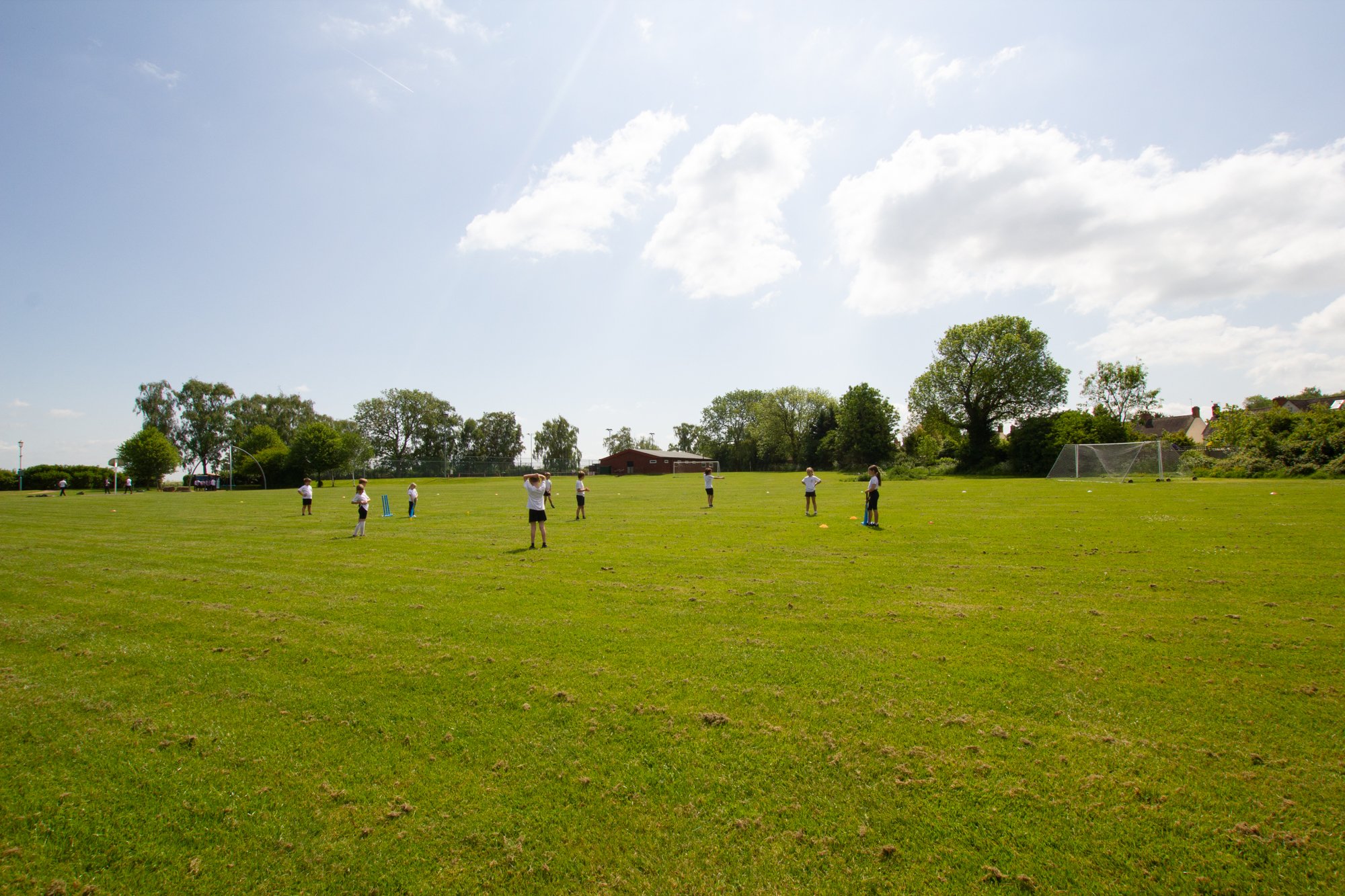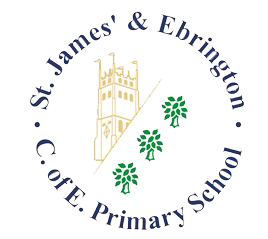Computing
Be curious - All children will be provided with opportunities to understand how Computing and Information Technology are beneficial and integral to everyday life. Through practical tasks set in real-world contexts, the children’s understanding of the world in a local and global context will develop providing them with the motivation and enthusiasm to cherish their technological and computing skill. Through sequenced and progressive learning, children will ask questions to understand the part Programming and Algorithms play in the world around them; as well as, explore how to present and manipulate various forms of media and communication tools to flourish as citizens in our digital world.
Love learning - A curriculum that ensures children feel safe to discover their own passions and love of learning. Through various competitions and challenges, children have the opportunity to explore their own interests and passions. Our broad and balanced curriculum provides children with opportunities to be confident, innovative users of a range of ICT and devices, preparing them for their role in an ever-increasing technological world.
Grow together with respect - A curriculum where children are valued and able to embrace the 'ows, wows and nows' of life, respecting themselves, others and the world around them. Through teaching digital literacy and e-safety, we equip our children with the skills needed to stay safe online and be respectful and responsible computer users. Within the safety of our nurtured environment, we will prepare our pupils for their future in the digital world.
Computing Purpose of Study
A high-quality computing education equips pupils to use computational thinking and creativity to understand and change the world. Computing has deep links with mathematics, science and design and technology, and provides insights into both natural and artificial systems. The core of computing is computer science, in which pupils are taught the principles of information and computation, how digital systems work and how to put this knowledge to use through programming. Building on this knowledge and understanding, pupils are equipped to use information technology to create programs, systems and a range of content. Computing also ensures that pupils become digitally literate – able to use, and express themselves and develop their ideas through, information and communication technology – at a level suitable for the future workplace and as active participants in a digital world. - National Curriculum

